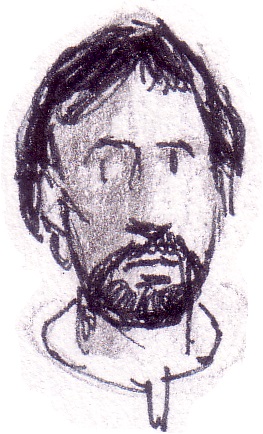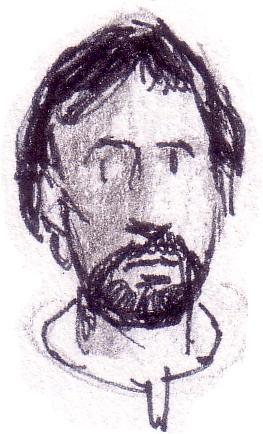

“Whoever listens to you listens to me” (Luke 10:16).
After his election as pope, it was revealed that Pope Francis had been the runner-up in the previous conclave in 2005 that elected Pope Benedict. But in 2013 it was generally thought that Jorge Bergoglio was too old to be considered again, and he must of thought so himself, because he bought a round-trip ticket from Buenos Aires to Rome for the election.
Yet, as the conclave proceeded, Bergoglio had to think again what being pope could mean, and what name he would choose if he were elected. By becoming Pope Francis, he managed to express in that name much of what he hoped to accomplish during his papacy. St. Francis of Assisi was synonymous with themes Pope Francis quickly made his own: He was devoted to the poor, he preached God’s mercy, he sought to reform the church and he was passionate about caring for Creation.
The annual feast of St. Francis invites us to reflect on the life of the saint and to ask if his namesake has succeeded in advancing his vision for the Church.
Within hours of his election, Pope Francis quoted Pope John XXIII’s wish to bring the global church closer to the poor and to its original mission expressed by Jesus when he began his ministry in Nazareth quoting the prophet Isaiah, saying he was “anointed to bring good news to the poor.”
Pope Francis has worked steadily to address the needs of the poor by challenging income inequality, the exploitation of workers, by pleading for migrants displaced by war, changing weather, industrial pollution, dumping and the indiscriminate and unequal consumption of natural resources. He proclaimed a Year of Mercy to promote God's unconditional love and to focus on reconciliation within the church as the face of God's mercy to sinners.
Jesus told St. Francis to “repair my church,” and Pope Francis has been tireless in seeking to reform governance and internal structures, financial accountability and by addressing the scandal of child sexual abuse that has so damaged the church’s credibility and its ability to evangelize.
Perhaps Pope Francis’ most urgent task has been pleading with nations and world leaders to protect the planet, “our common home,” as the one goal and challenge that will determine all other changes needed to avert disaster now and for future generations.
The ordinary readings assigned to today’s liturgy may seem remote from the life of St. Francis on his patronal feast, but they speak directly to the prophetic nature of his life and ministry and to the challenges facing Pope Francis. St. Francis modeled simplicity and evangelical poverty as the antidote to a medieval church losing its identity because of wealth and corruption. His community of friars grew rapidly as young people found a way to live purposely and free of material greed and preoccupation with status and power. St. Francis imitated the poor Jesus and his passionate love for the poor.
The Word of God issues its own challenge to us today as Jesus chastizes the towns of Chorazin and Bethsaida for not responding to his preaching and miracles. Their failure to repent had consequences. The failure of the world to respond to crises now will also have consequences, and Pope Francis has not shied away from sounding the alarm and probing the consciences of our age about what history will say of those who knew what was coming but did nothing.
St. Francis, who died at age 44, exhausted by his efforts to repair God’s church and protect the planet and God’s poor, now speaks again to us on his feast and through his beloved and courageous brother, Pope Francis.
Advertisement







